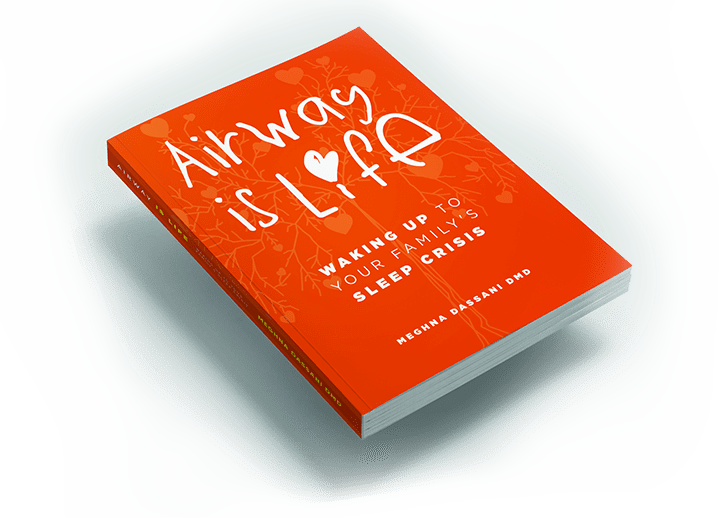The dos and don’ts of falling back asleep when you wake up at night
Waking up in the middle of the night is stressful. Maybe you’ll fall right back asleep. Or maybe you’ll toss and turn for hours or be up the rest of the night.
You can’t be sure. And the anxiety over not knowing can also cause you to stay awake.
So what should you do if you wake up in the middle of the night? What’s the best way to quickly fall back asleep so you can get the restorative sleep you need, and how can you prevent yourself from waking up in the first place?
Here’s what you should do…
Do relax your mind and body.
When you wake up in the middle of the night, you need to stay as calm and relaxed as possible. Try meditating or practicing deep breathing. You could also listen to soothing music or a guided meditation.
Do practice progressive muscle relaxation.
Progressive muscle relaxation helps reduce stress and anxiety so you can feel calm and fall asleep. Close your eyes and take a few deep breaths. Inhale through your nose and exhale through your mouth. Gently tense and release each of your body’s muscle groups starting with your toes and working your way up to your jaw and face.
Do the 4-7-8 breathing technique.
This is a specific deep-breathing exercise that eases anxiety and promotes feelings of calm. Inhale through your nose for a count of four. Hold your breath for a count of seven. Then, exhale through your mouth for a count of eight. Continue breathing in this pattern for 3-5 minutes or until you feel sleepy.
Do use white noise.
If you have trouble falling back asleep, try using either a white noise machine or an app to help you relax. The sound of rushing water, chirping birds, or gentle rainfall can put your mind at ease so you can drift back to sleep.
Here’s what not to do…
Don’t check the clock.
Checking the clock can make it harder to fall back asleep. Checking the clock directs your attention to how long you’ve been awake and the amount of sleep you’ll miss if you don’t fall asleep again soon. This can cause you to feel anxious and panicky, making it much harder to fall back asleep.
Don’t pick up your phone.
You really shouldn’t check any device in the middle of the night, but you especially shouldn’t check your phone. The blue light from the screen negatively impacts your ability to fall asleep. Plus, any new messages or notifications that might pop up can stimulate your brain or evoke an emotional response. And if your brain engages, you’ll feel too alert to sleep.
Don’t get out of bed, unless you need to.
You may be tempted to get out of bed to try and take care of something that’s on your mind. But doing so can make it harder to fall asleep. Unless you need to use the bathroom, try to stay in bed and focus on calming your mind and body.
The exception to this is if you’ve been trying to fall back asleep for a while but to no avail. If that’s the case, you can get up and do something to help you relax. Don’t pick up your phone or turn on the TV, however. Instead, do some light stretching, meditate, or listen to soothing music. This can give your brain a chance to reassociate your bed with sleep when you’re ready to try again.
How to prevent yourself from waking up in the first place
Even if you fall right back asleep, you still don’t want to wake up during the night. Sleep interruptions can interfere with your REM sleep, which is the restorative stage when your brain processes new information. When you wake up during the night, both the quality and quantity of your sleep diminish.
To keep your sleep quality high, develop a consistent bedtime routine for yourself. This involves going to bed at the same time each night and waking up at the same time each morning, even on the weekend.
It also involves taking time to wind down and relax before getting ready for bed. You could take a warm bath or shower, listen to soothing music, or read a book.
During your wind-down time, you should also stop drinking alcohol and consuming anything with caffeine in it. You should probably stop drinking altogether. That way, you’re less likely to have to use the bathroom during the night.
Additionally, you should stop using any devices with a screen, including your phone and TV, as the blue light can interfere with your sleep.
Taking preventative measures to not wake up in the middle of the night is the best way to ensure you get a good night’s rest.
Dr. Meghna Dassani has practiced dentistry for over two decades and is passionate about the role dentists play in whole-body health. You can learn more at her website: MeghnaDassani.com.
Healthy Sleep Revolution Podcast
Snoring? Tired all day? Trouble focusing?
So many think these symptoms are common in kids and adults when tired. Join us as we debunk some of these common myths and put the spotlight on Sleep Apnea. Discover what constitutes healthy sleep and how we can help ourselves and our kids get the best sleep ever.


